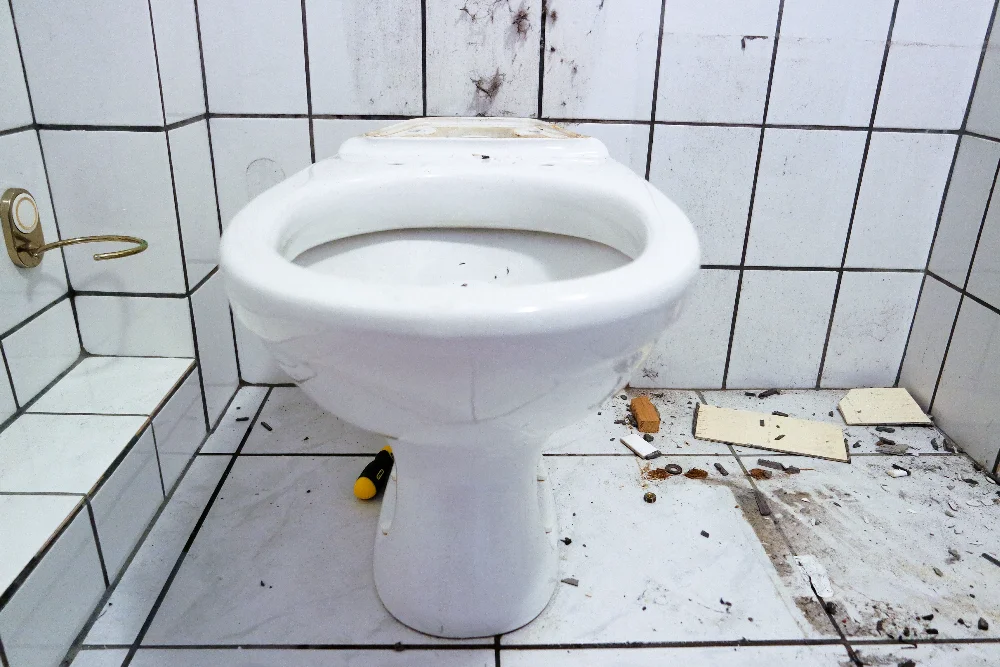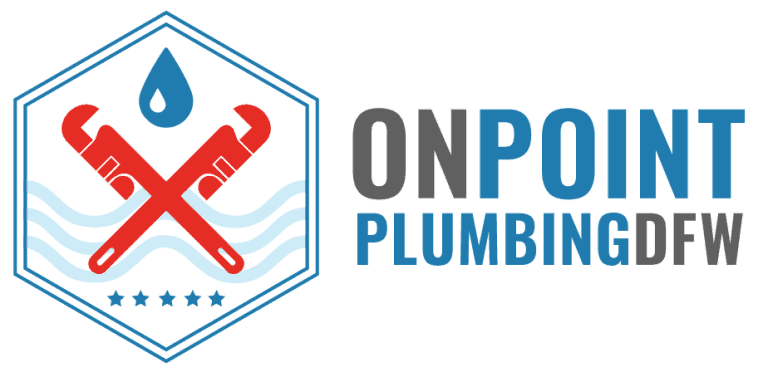
Toilet paper is something we use every day without giving it much thought—until it causes a problem. Many homeowners don’t realize that something as simple as flushing too much toilet paper can lead to serious plumbing issues. So, can too much toilet paper clog a sewer line? The short answer is yes. Let’s explain how it happens and what you can do to avoid costly repairs.
Can Too Much Toilet Paper Clog a Sewer Line?
Is Toilet Paper Designed to Break Down in Pipes?
Toilet paper is made to dissolve in water, but not all brands break down equally. Thicker, more luxurious toilet paper takes longer to break apart, especially when used in large quantities. Even biodegradable or septic-safe varieties can cause clogs if overused.
How Toilet Paper Buildup Leads to Sewer Line Blockages
When excess toilet paper is flushed down the toilet, it can bunch up in your plumbing system. Over time, it creates a thick mass that slows or stops water flow. This is especially true in older pipes or systems with partial blockages. Eventually, this buildup can block your sewer line entirely.
Signs You're Overusing Toilet Paper
If you find yourself flushing multiple times to get everything down, notice slow drainage, or hear gurgling sounds from your pipes, you might be using more toilet paper than your plumbing can handle.
Can Toilet Paper Clog a Main Sewer Line?
What Is the Main Sewer Line?
Your main sewer line is the large pipe that carries wastewater from your home to the city sewer system or septic tank. All the smaller drains in your house connect to this main line.
Signs Your Main Sewer Line May Be Blocked by Paper
A clog in the main line can cause all your drains to act up at once. When you flush the toilet, you may notice water backing up in multiple fixtures or strange noises. These could be signs that toilet paper is clogging the main sewer line.
How to Know if Your Sewer Line Is Clogged
Warning Signs from Toilets, Sinks, and Drains
If your toilet frequently backs up, your sinks drain slowly, or your shower fills up with water while in use, it could point to a clogged sewer line and a sewer line repair may be required.
When Multiple Drains Back Up at Once
This is one of the biggest red flags. If more than one drain is having issues, the problem is likely not localized—it’s in the main sewer line.
Other Indicators
Sounds
Listen for gurgling sounds coming from your toilet or sink. This often means air is trapped due to a clog.
Smells
A foul odor from your drains is a sign of a sewage backup and shouldn’t be ignored.

How to Unclog a Toilet with Too Much Toilet Paper
Tools You Can Use
A plunger is your first line of defense. A toilet auger or closet snake can break up the clog if that doesn’t work.
The Use of Chemicals
Chemical drain cleaners can be effective but should be used sparingly. They can damage your pipes over time.
When to Call a Plumber
If you’ve tried plunging and snaking unsuccessfully, it’s time to call a professional. DIY methods can only go so far.
How to Unclog a Sewer Line
Tools and Techniques
Snake
A plumbing snake (a drain auger) can reach deep into the line to dislodge the blockage.
Hydro Jetting
Hydrojetting uses high-pressure water to blast away clogs and is especially effective against thick toilet paper buildup.
Enzymes
Enzyme-based cleaners are a gentler, eco-friendly option that breaks down organic material in the pipes.
Will a Toilet Paper Clog Eventually Dissolve?
How Long Does It Take for Toilet Paper to Dissolve Completely?
Some types dissolve in minutes, while others can take hours—or longer—especially in large quantities.
When Time Alone Can Fix the Problem
If the clog is minor, waiting a few hours and flushing again might clear it up.
When Time Can't Fix the Problem
If water is still backing up or draining slowly, it’s time to take action. Waiting too long can lead to more significant problems.
What Dissolves Toilet Paper Quickly?
Safe Chemical Options
Look for drain cleaners that specify they’re safe for toilets and septic systems.
Enzyme-Based Solutions
These products use natural bacteria to eat away at the clog and are safe for long-term use.
Natural Remedies to Dissolve Toilet Paper
Mixing hot water, baking soda, and vinegar can help break down minor clogs—just don’t expect miracles.
What is the Best Toilet Paper to Avoid Clogging?
Choose a toilet paper that dissolves quickly. Avoid extra-thick or quilted varieties, which can clump together in your pipes.
How to Test Your Toilet Paper at Home
Place a few sheets in a glass of water and stir. If it breaks apart within a minute or two, it’s safe for your plumbing.
How to Keep Your Sewer Line From Clogging
Do's for Toilet Paper Usage
- Use only what’s necessary
- Flush small amounts at a time
- Consider switching to single-ply paper
Don'ts for Toilet Paper Usage
- Don’t flush wet wipes, even if labeled “flushable”
- Don’t flush paper towels or feminine products
Regular Maintenance Tips
- Have your sewer line inspected annually
- Use enzyme treatments monthly
- Avoid planting trees near your sewer lines
FAQs
No. A clogged toilet can overflow or worsen, so address it immediately.
Hot water can help soften the paper, but it won’t always solve the problem.
Yes. Repeated flushing can cause overflow and damage your floors.
Vinegar combined with baking soda can help break down small clogs, but it’s not a guaranteed fix.
Call On Point Plumbing to Fix Your Sewer Blockage in Bedford, TX
You’re not alone if you’re dealing with a stubborn clog and wondering if too much toilet paper clogs a sewer line. Sewer line issues can be frustrating, but you don’t have to face them on your own. At On Point Plumbing DFW, we specialize in solving tough plumbing problems quickly and efficiently. Whether you’re trying to figure out how to know if your sewer line is clogged or looking for advice on how to keep your main sewer line from clogging, we’re here to help. Contact us today through our website to schedule a service and get your pipes flowing again.
